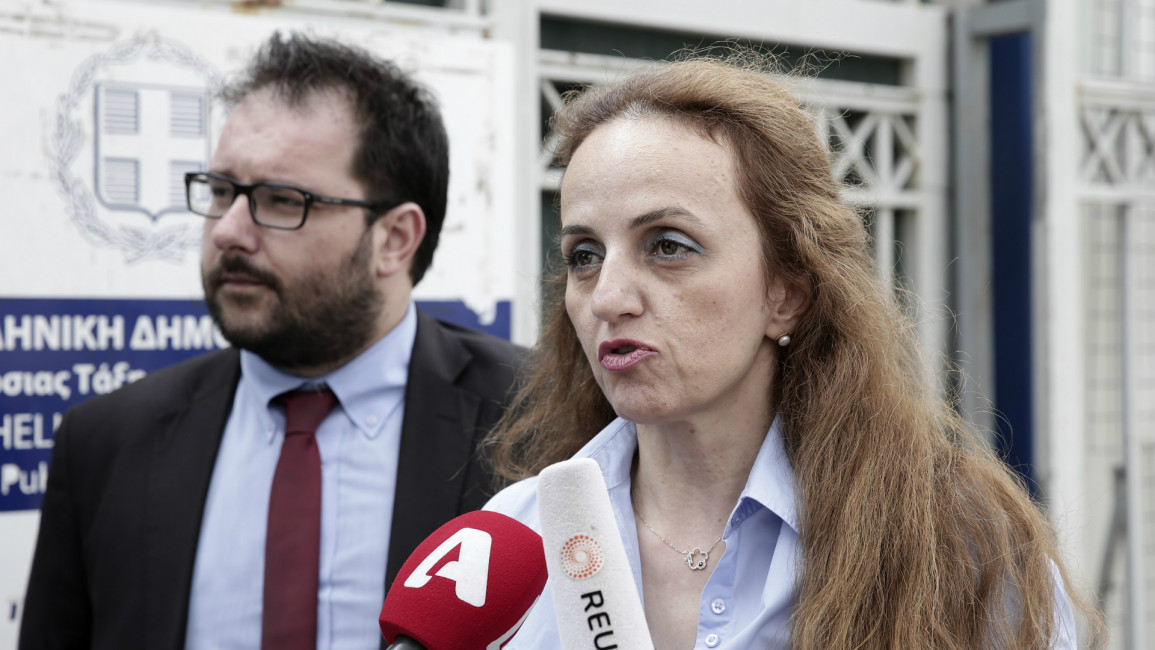Greece rejects asylum claim of Turkey coup officer
Greece has rejected the asylum claim of a Turkish military officer who fled Turkey following the failed 15 July coup.
Lawyer Stavroula Tomara said that an asylum committee had rejected on Wednesday the officer’s request.
Tomara added that the asylum claims of two other Turkish officers had been "frozen" with a judicial source telling AFP that a court had deemed the two officers' arguments against extradition inadmissible.
The Greek lawyer, who currently represents eight Turkish officers, said that she would appeal all three decisions.
The eight Turkish officers arrived in Greece four days after the failed 15 July coup, landing a helicopter in Alexandroupoli.
In late July they were sentenced by a court in the northern Greek city to two month suspended prison sentences for entering the country illegally. The eight men are currently under police custody in Athens.
The decision made on Wednesday does not mean any of the officers will be deported immediately, a Greek government source told AFP, noting that the asylum claims of the remaining five officers remained under review.
Turkey has formally requested the extradition of the eight men - two commanders, four captains, and two sergeants - on suspicion of involvement in the failed coup. These are accusations the men deny, claiming that if they are returned to Turkey they will not face a fair trial.
Humanitarian group Amnesty International has said there is "credible evidence" that people detained in sweeping post-coup arrests have faced abuse and torture.
Ankara has labelled the eight former Turkish army personnel "terrorists" and the case threatens to undermine ties between Greece and Turkey, already uneasy NATO allies.



